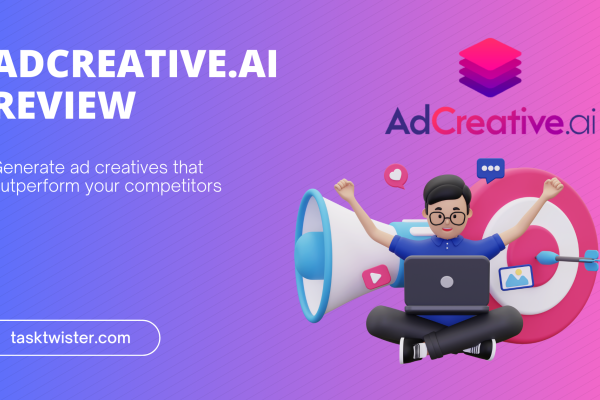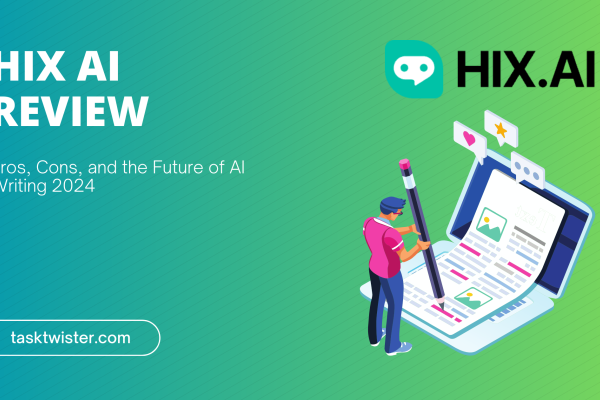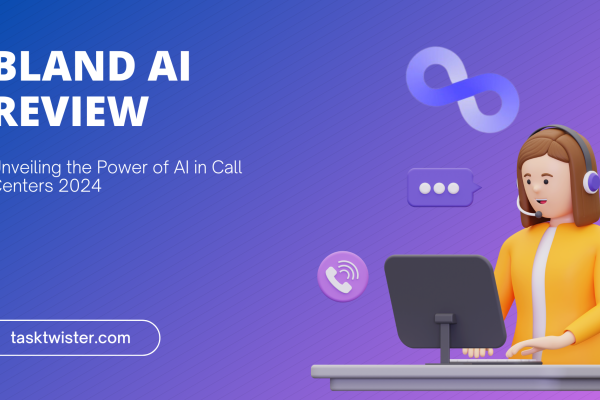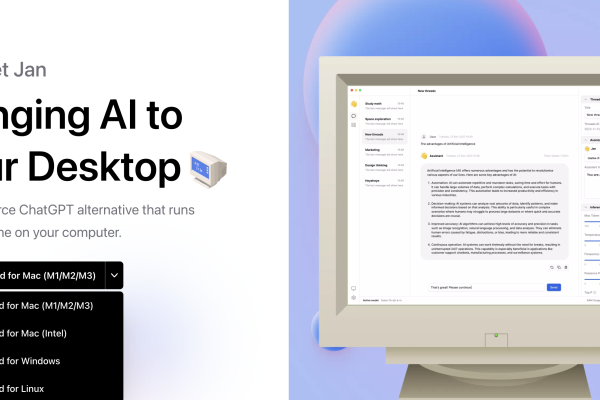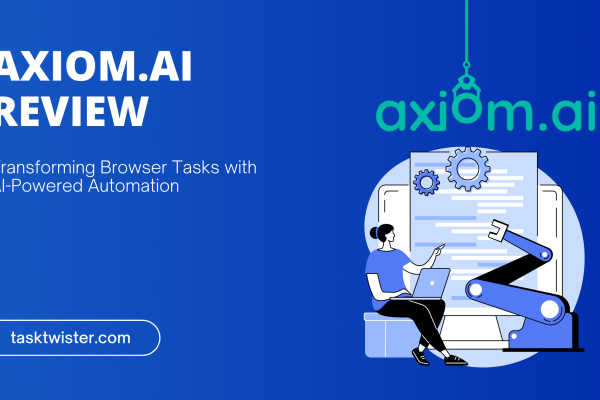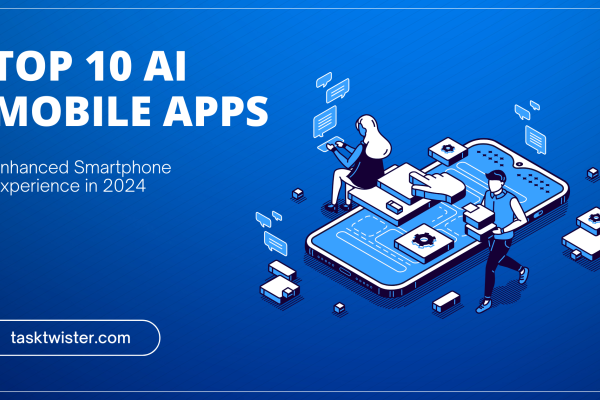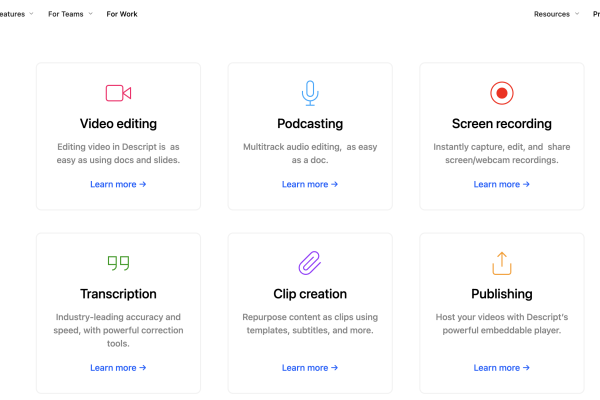Salesforce Service Cloud Review and Pricing
William
Previous, our comprehensive blog showcases various AI tools and their impact on improving performance and creativity across different fields. Among these tools, Help Scout has emerged as a standout customer support solution. Let’s explore in detail about HelpScout and why it is considered an excellent customer support tool.

Table of Contents
The Salesforce service cloud is a comprehensive call center software for company operations. It integrates with a CRM, especially sales force CRM, enabling prompt handling of post sale calls and customer satisfaction.
You are viewing: Salesforce Service Cloud Review and Pricing
Pros
Managers can use Service Cloud more effectively to enhance agent productivity and promote better customer satisfaction in comparison with other competitor platforms.
The Marketplace of Salesforce houses thousands of native features and third-party apps, which no service cloud can rival.
Service cloud does not come as VoIP hence it is up to you to choose your own telephone service provider.
Cons
Live chat on your website through Service cloud sells for $75 per month per user.
Unlike a basic, monthly package, salesforce insists on one-year contracts that auto-renew.
Omnichannel Service Cloud will cost you at least $150 per user, per month.
Integrated Call Center Software and CRM with a Focus on After-Sale Support, Salesforce®’s Service Cloud is an advanced combination of inbound, outbound technology, and a customer service platform designed to help businesses provide unparalleled post purchase support experience to its customers. These include advanced training programs for supervisors, live monitoring, sentiment analysis tools, among others.
However, agents have a friendly environment whereby they are supported by AI driven prompt responses while at the screens, and recommended next best steps. There is no other platform that has a varied portfolio for your organization’s talent management and engagement to ensure that you succeed in customer satisfaction. Moreover, Service Cloud stands tall when it comes to native and third party apps functionality and is without match with any competitor.
Why we use Salesforce Service Cloud to improve customer service.
Salesforce customer case screen
Each of these customer cases has a corresponding screen that enumerates every piece of information that your team requires to serve the client. Source: Salesforce
Salesforce’s products and the CRM platform allows businesses to optimize opportunities for sale. The other step is Service Cloud, which is meant to ensure that the customer remains happy even after making a purchase.
With regard to having the most number of native and third party features Service Cloud cannot be beat and no call center platform can customize and work together like Service Cloud does. This enhances on a call centre agent to give their customers the best services whether it is through a phone call, text message, email or instant messages. An agent only looks at his/her screen because when a customer calls, there are all details needed for a successful interaction. Further, you get AI recommendation engines that are highly performed, intelligent scripting, and in-call supervisor interventions where necessary.
A good thing about Service Cloud is that it puts a lot of emphasis on self-service because customers nowadays tend to use online help centers to obtain information. A knowledge base that guides clients through IVR and digital messaging is constructed by Service Cloud. This cuts down on the demand and waiting times associated with talking to a live person improving service for those that must actually have conversations with real individuals.
Therefore, we choose service Cloud as one of the Salesforce products whose quality is guaranteed when looking after customers. However, it is a more undesirable setting for organizations with few requirements and low budgets than there is no other ideal venue for corporations that serve expensive products or have complicated customers` demands.
Ease of Use
Service cloud is configurable such that somebody who has sufficient experience and reliability on software setup can set it up depending on his preferences. Nevertheless, Service Cloud is an extensive and complex product and you may consider consulting an expert for installation, creation of dashboards, setting call routing as well as connecting this platform with your existing apps or Voice IP system. This may be expensive, though it will save your effort and time. However it is quite simple to operate once the service cloud is implemented.
Screen real estate is well utilized by the service cloud. The home page of the platform is located across the top navigation bar together with other tabs marked “Cases.” When one of the agents clicks on the Cases button, there will be all assigned job appearing. They proceed by clicking on one of the case numbers, which will take them to the web page for this individual’s case history.
This page allows agents to arrange different components in whatever order they desire by simply dragging them.k The case details for the customer are displayed by default along with their contact info, interaction history and a list of link that can point to the appropriate KB article or Einstein Article when subscribed to the related add-on.
The platform is enhanced by thousands of native and third-party apps that allow you Service Cloud to integrate seamlessly with other software your company uses. The dev section is well advanced which includes documenting messaging, chats, knowledge and voice.
Features and Services
Here are some service cloud standout features in salesforce call-center system.
Live Customer Information Access and AI Assistance.
Its merger with the Service Cloud for existing Salesforce CRM users works very well. Users can also see the entire history of the customer in a click which shows previous orders of the customer, previous contacts, current tracking of the existing order and the information whether there are some maintenance agreements, subscriptions or warranties he benefits with.
Having this history alone ahead of an agent, eliminates one of customers’ main complaints; that is of starting all over again to explain, why are they calling again?
However, additional costs are incurred due to more helpful aid provided by the Einstein AI tool. It also records call and messaging sessions automatically helping it learn the conversation flow better. That information accumulates and is used in advising agents about their options statements which are most likely to make positive impact. The dynamic suggestion mechanism presents agents with proposed answers to actual inquiries made by customers while engaged in a communication process.
See more : A complete guide to Zendesk: What is Zendesk, and how does Zendesk function?
Call and Message Queuing
Through calling supervisors may view chart representation of call information. Source: Salesforce
To this end, supervisors may install bots in order to manage the beginning of client service and technical support dialogues if conversations take place through SMS, emails, social media, and so on. The system will subsequently forward the interaction to the right agent if required. While in conversation with a specific customer, Einstein AI can forecast future problems and also come up with ways of retaining that customer.
Overall, omnichannel routing of Service Cloud leaves much to be desired. Firstly, you can order your calls and messages by an account (such as big spender takes precedence). Secondly, there is opportunity to select who will receive specific tasks using dedicated agents with professional qualities.
Management Tools
The omni-channel supervisor dashboard offers supervisors a comprehensive view of agent availability, pending work (the type being handled), and call/message queues. Routing algorithms try to distribute the work to different teams equally in order to enable agents to provide quality service to the customers. Using the platform’s workforce management tools, supervisors can determine how many people they require to maintain service standards.
Team and individual calls volumes, time taken to answer calls etc can be checked by supervisors. In addition, they can trace most of the features used in text messaging, social media messaging, and private messaging applications. Supervisors can use a sentiment analysis function to determine whether the conversation are taking a desirable direction or not.
In addition, supervisors may listen to calls live and come to the aid of their own agents as well. When it comes to keyword usage, the platform is able to pick out important moments of a telephone conversation with Einstein Ai enabled.
For instance, you can configure the platform to detect phrases such as “billing problem”, “overcharged” or “late delivered”. In case necessary, it is possible to monitor those calls in due time. Similarly, Einstein tracks general call structure among others as factors for determining if a call is successful or not.
Customers’ and Agents’ Self-Service Feature.
When customers are facing problems, these days many of them opt for trying out self-service alternatives instead of reaching out to companies. It is therefore good as its Service Cloud helps you create an electronic bookstore for your clients comprising of blogs, videos, details of products to be downloaded, webinars etc. When your knowledge base goes live, you can inform customers about it through IVR or nonvoice digital channels such as live chat and SMS.
Integrations

Salesforce integrates seamlessly with Slack. Source: Salesforce
Businesses utilizing Salesforce Products have benefited for over 20 years from their ecosystem of native apps. The company has constructed these features to meet specific customer needs. However, this platform additionally boasts more than 4000 packaged, third-party integrations which form a part of the vendor’s AppExchange enabling the user an unprecedented level of capability far exceeding that of its competitors.
Users can access apps that provide additional service and support dashboards and allow agents to: multilingual live chat, post interaction feedback survey tool, enhanced omnichannel lead and case routing functionality (by skill matching lead to the case), seamless complaint and dispute escalation process, and vertical-specific solutions including Vlocity for Healthcare industries.
Since Salesforce and other AppExchange offer various functionalities, the complexity of your business will determine their applicability to one another.
Pricing
The package is initially priced at a very competitive rate of $25 per user, per month, which may catch your attention. However, to access Service Cloud’s top features, you may need to invest more. Here’s a breakdown of the options:
Essentials: For $25 per user, per month (annually billed, with a different price for the monthly billing option), you’ll receive end-to-end case management, service console apps, a knowledge base for agents, computer telephony integration, collaboration tools, productivity tools, limited functionality live chat, self-service for customers, customizable reports and dashboards, cross-selling and upselling functionality, Outlook and Google Apps integrations, email templates, and per-user data and file storage.
Professional: Priced at $75 per user, per month (annually billed), this tier includes everything in the Essentials package, plus customer service contract and entitlement tracking, order management, page and field customization by agent, and enhanced roles and permission access.
See more : AI Tool HelpScout Review – The Ultimate Customer Support Solution
Enterprise: For $150 per user, per month (annually billed), you’ll enjoy all the features of the Professional tier, as well as advanced case management (automatically routing inquiries to the correct person), partial data sandboxing, a Salesforce identity (single sign-on for all your enterprise apps), and advanced process automation.
Unlimited: With a cost of $300 per user, per month (annually billed), the Unlimited package provides everything in the Enterprise level, along with the Premier Success Plan (Salesforce’s enhanced customer service and account management) and multiple sandboxes.
Keep in mind that there are additional fees for specific add-ons:
- The web service API costs $25 per user, per month on the Essentials level, but it’s free on the Enterprise tier.
- The live AI-driven chatbot is priced at $75 per user, per month with Enterprise, but it’s free with the Unlimited package.
- Field service tools (appointment booking, work orders, and inventory/product tracking) cost $50 per user, per month.
- Digital engagement tools (access to web chat, mobile messaging, and more) have a cost of $75 per user, per month.
- Einstein AI (the AI-driven customer service tool) is priced at $50 per user, per month.
Given the platform’s higher cost, Salesforce offers a free 30-day trial for Service Cloud. The trial period seems fully featured and allows you to upload your own customer database to test the system thoroughly.
Implementation and Onboarding
Service Cloud can be complex to set up, but it’s worth noting that businesses are not required to use Salesforce CRM or other products alongside it. This stand-alone call center software can be installed in a matter of hours, provided you have the necessary skills.
The setup process involves importing your data, configuring routing paths for calls, and customizing dashboards for agents and supervisors. Additionally, you can automate workflows and utilize Einstein AI for case management, service monitoring, and omnichannel routing.
While the steps are straightforward, there is a significant amount of work involved in getting the platform up and running. Therefore, it may be advisable to hire an external Salesforce developer or installer to ensure the system is tailored precisely to your needs.

Customer Support
Salesforce offers 24/7 customer service and technical support through phone, live chat, and online ticketing. However, it’s important to note that phone support is only available to businesses that purchase Premier and Signature customer service plans (excluding Security Level 1 issues). Enhanced customer service comes at an additional cost, such as the Premier offering, which requires paying 30 percent of your net license fees for access to phone support, developer support, and expert coaching.
The Signature support package includes an account manager and proactive account servicing, but pricing is customized.
Salesforce provides an extensive online knowledge base and customer information section at no cost, which is highly comprehensive compared to other platforms. While much of the content covers various aspects of Salesforce’s products, there is ample help available specifically for Service Cloud users.
The vendor’s online community, Trailblazer.me, offers additional support and training, and users can also engage with Salesforce’s team through the Marketing Cloud channel. Furthermore, there is a separate online community where administrators can interact with one another.
In our experience, Salesforce’s customer support team has been prompt, helpful, and transparent when using live chat.

Limitations
Salesforce’s Service Cloud is an exceptional call center system that deserves recognition. However, many small businesses offering straightforward products or services may not require the platform’s extensive functionality, resulting in paying for unused features. For those concerned about costs, Service Cloud’s user charges can quickly add up to hundreds of dollars per month per user, especially the $150 per user, per month cost for accessing omnichannel features.
Furthermore, enhanced customer support and other add-ons come with additional expenses. For a more budget-friendly option, consider reviewing our article on GoTo Contact Center.
Methodology
To assist small businesses in selecting call center software, we thoroughly evaluated the top products available in the market. Our evaluation focused on usability, features, setup process, pricing structure, and customer support options provided by each vendor. We considered both inbound and outbound communication capabilities, integration availability, reporting tools, and self-service features. Whenever possible, we engaged in demos and free trials to better understand the software.
Our goal is to identify the most suitable call center system for businesses aiming to enhance their customer service by prioritizing efficient and impactful customer communications.
Bottom Line
We recommend Salesforce Service Cloud for:
- Companies already familiar with Salesforce products and accustomed to the vendor’s systems
- Businesses selling subscription services, providing service-level agreements, or frequently receiving new orders from clients
- Organizations that want flexibility in choosing their telecommunications company for call routing
We do not recommend Salesforce Service Cloud for:
- Companies with low volumes of inbound calls and messages
- Businesses with limited budgets
- Organizations whose customers rarely contact them after making a purchase
Latest Articles
Most views
Related Articles
Source: https://tasktwister.com
Category: AI Business & Admin








